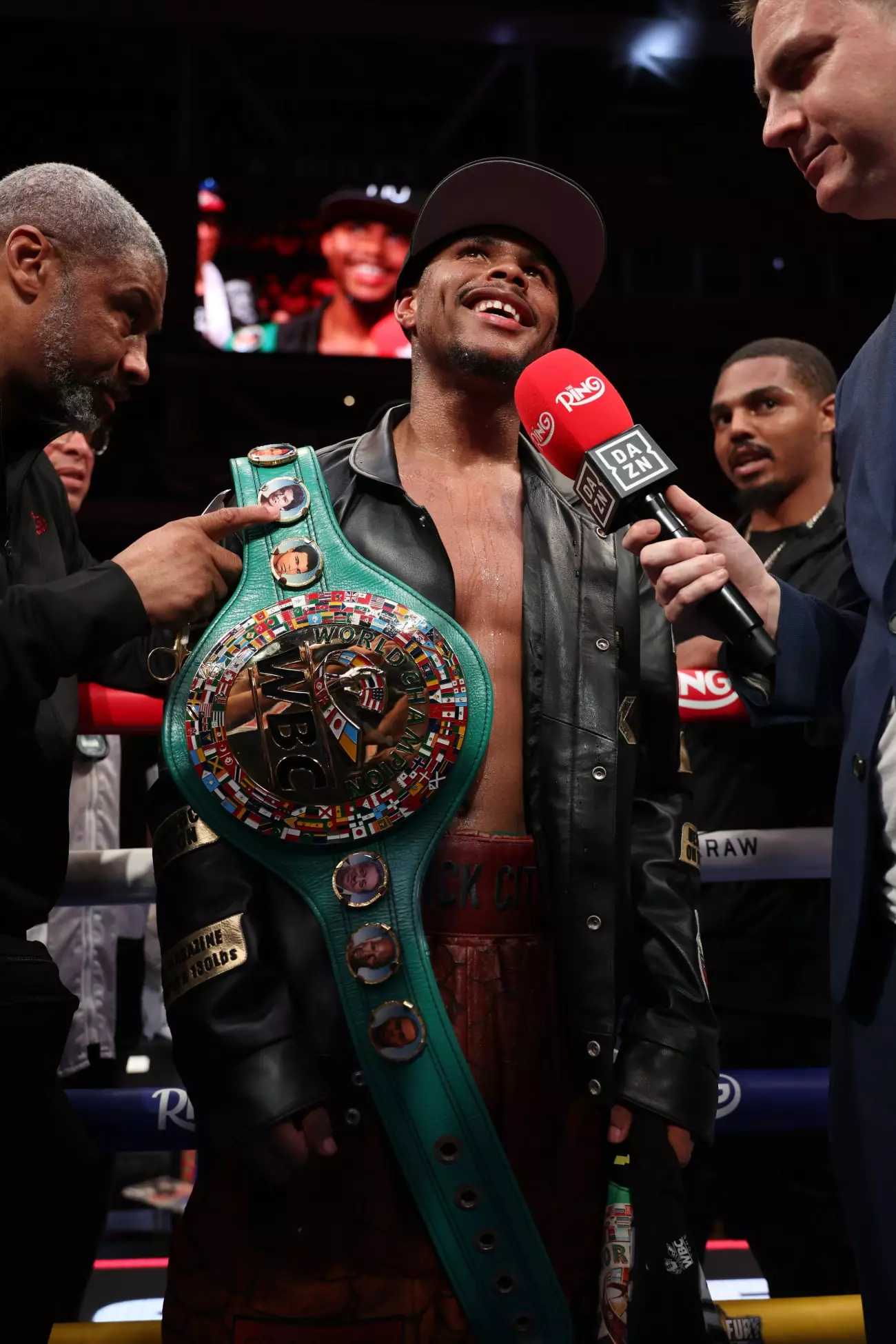In the wildly competitive world of professional boxing, confidence can often be mistaken for arrogance. Shakur Stevenson’s declaration that he is “the best fighter on the planet” is bold, to say the least. Such a statement demands scrutiny, especially considering his relatively selective list of opponents and the fight history he holds. While Stevenson’s aspirations are undoubtedly ambitious, they seem rooted more in bravado than proven dominance. In boxing, reputation is built in the ring against formidable opponents, not just in self-proclaimed titles or future promises. His upcoming challenge against Teofimo Lopez is a significant step, but labeling himself as the absolute best before actually defeating top-tier opponents seems premature, if not outright reckless.
Stevenson (24-0, 11 KOs) has built an impressive record, but a record isn’t enough to crown oneself the best. It’s a reflection of consistency, skill, and strength of opposition. His most notable wins occur against fighters like William Zepeda—a volume puncher—and a few others who, while skilled, aren’t considered elite p4p fighters. Stevenson’s style, characterized by a slick, technical approach reminiscent of prime amateur boxing, doesn’t necessarily translate to dominance over punchers or power punchers deeply rooted in the pro ranks. His outspoken confidence might look appealing, but in boxing, stars are made behind the strength of their resume, not just their rhetoric.
Questionable Opponent Selection and Its Implications
One glaring issue in Stevenson’s pursuit of greatness is his opponent choice. By choosing to dodge more dangerous, power-hitting fighters such as Andy Cruz—who could potentially unsettle him—Stevenson appears to prioritize safety and financial gain over true challenge. The recent fight against William Zepeda earned him a substantial payday ($7 million), but also exposed vulnerabilities, with Stevenson absorbing a significant amount of punishment, especially to the body. Such exposure raises concerns about whether he’s truly ready for a fight with Lopez, who is known for his tactical intelligence and fast hands.
His reluctance to face Cruz or other big punchers signals a cautious approach that’s more about protecting his record and earnings than about claiming raw, mountain-moving supremacy. Boxing’s elite titles are earned by stepping into the ring with the best, and a fighter who avoids high-risk, high-reward battles doesn’t quite fit the mold of someone claiming to be the best. Instead, Stevenson’s career so far has been a testament to strategic risk-avoidance, which can sometimes undermine the very narrative he’s trying to craft—that he’s the top dog.
Timing and Physical Readiness: An Obstacle or Opportunity?
The delay until early 2026 for Stevenson vs. Lopez could either be a strategic move for recovery and preparation or a sign of underlying vulnerabilities. Stevenson’s recent fight against Zepeda left him battered, especially with repeated blows to the body. It’s worth questioning if such a delay will allow him to heal fully and sharpen his skills or if it’s merely a calculated move to build anticipation and hype.
Stevenson’s own admission that he’s pushing for this fight due to lingering hand issues adds another layer of complexity. Hand surgeries and injuries can significantly hinder a fighter’s power and confidence. Staying inactive for years can sometimes erode a fighter’s sharpness or lead to ring rust, which might be exactly what Lopez intends to exploit. Conversely, Lopez himself appears eager to fight sooner rather than later, which could give him a psychological advantage if Stevenson remains hesitant.
The boxing landscape is unforgiving, and timing is often everything. Delaying the fight risks losing momentum, but rushing into it unprepared could be even more damaging. Whether Stevenson’s confidence outweighs his reality remains to be seen, but the entire narrative hinges on whether he can elevate his level, physically and mentally, to meet Lopez’s challenge head-on.
Stevenson’s declaration of being the best fighter on the planet is as ambitious as it is controversial. In boxing, assertions of supremacy are easy to make but hard to sustain unless backed by a resume filled with top-tier victories. His current opposition portfolio leaves room for skepticism—claiming he’s the best without having faced the most formidable opponents diminishes his credibility.
The much-anticipated clash with Lopez could serve as the real litmus test. If Stevenson truly believes in his abilities, he should embrace the challenge head-on, regardless of the risks. The delay to 2026 might be strategic, but it also exposes vulnerabilities—physical, psychological, or otherwise—that could be exploited in the ring. For now, Stevenson’s confidence appears more inflated than justified, and unless he defies the odds against Lopez, his statement about being the best might remain a hopeful promise rather than an earned legacy.

